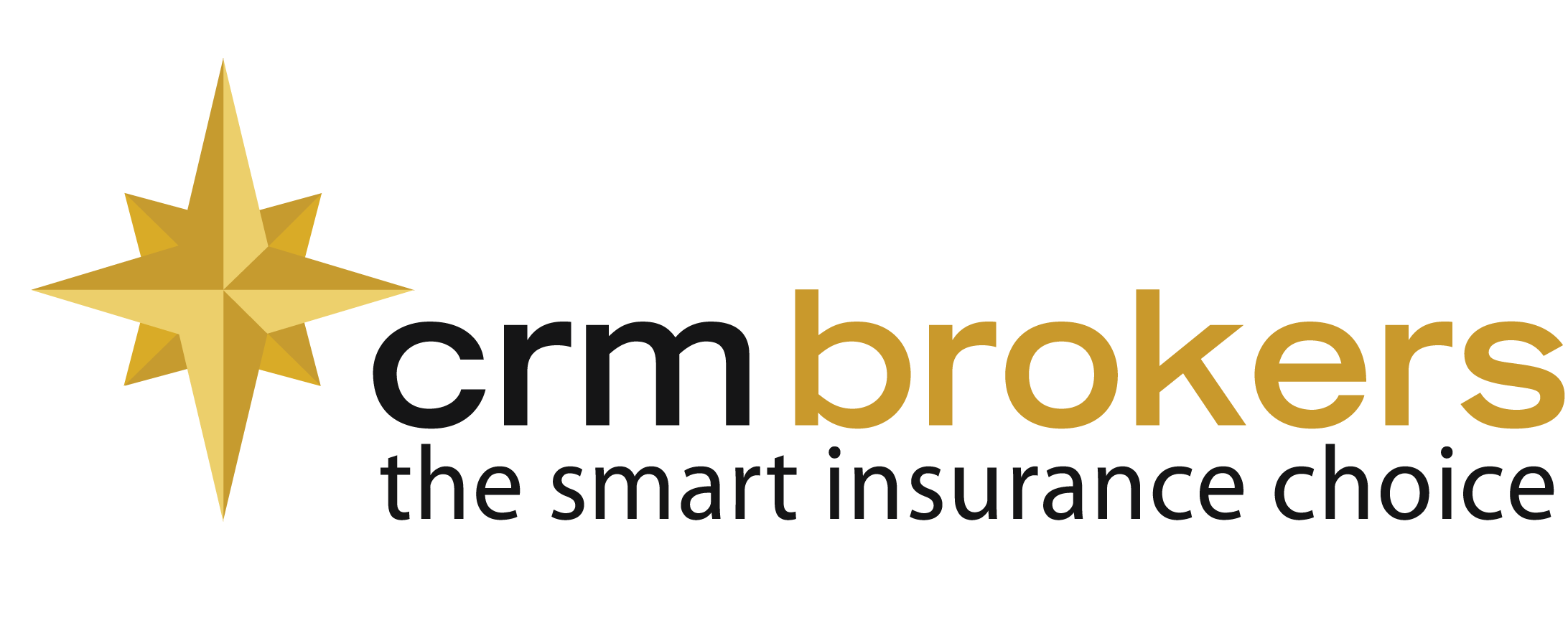
30 Jun New Workplace Safety Laws prohibit insurance against WHS fines
New Workplace Safety Laws prohibit insurance against WHS fines
The enforceability of insurance policies to cover Work Health and Safety (WHS) fines has often been a topic of discussion. As of 10 June 2020, insurance and indemnity arrangements for WHS fines are now prohibited in New South Wales. This decision will result in businesses reviewing their Statutory, D&O and Management Liability policies held, and focus on mitigating their WHS exposures through risk management to avoid fines.
The following is an extract from Gillis Delaney Lawyers – GD News July 2020 and has been republished with their permission.
Insurance Cover for WHS Fines in NSW is Illegal from 10 June 2020
On 10 June 2020 the Work Health and Safety Amendment (Review) Act 2020 received assent. This Act amends the Work Health Safety Act 2011(NSW) and insurance for WHS Fines in NSW is prohibited for penalties for incidents occurring after 10 June 2020.
A new offence has been added to the Work Health Safety Act 2011(NSW) prohibiting insurance and indemnity arrangements for work health and safety penalties. It is now an offence for a person to enter into, provide, or benefit from insurance or indemnity arrangements for liability for a monetary penalty for a work health and safety offence. If a company commits an offence, its officers may also be liable.
The prohibition cuts both ways and applies to entities offering insurance and or indemnity arrangements and those entering into an agreement to benefit from the insurance or indemnity. It applies to insurers and businesses that take out insurance. It applies to management liability and statutory fines insurance currently in place as well as currently offered by insurers. It applies to employees and employers.
At the moment most policies of insurance that are in place that offer insurance cover for WHS fines contain a provision stipulating cover is available to the extent permitted by law. Current polices and renewals or new
policies containing these provisos do not fall foul of the new prohibition however any promise to pay fines falls
away as it is no longer legal to insure fines for incidents occurring after 10 June 2020. The promise to pay fines becomes illusory for fines in NSW in respect of offences occurring after 10 June 2020.
However it is still permissible to insure legal and investigation costs that will be incurred in Safework investigations and the defence of WHS prosecutions.
Many businesses see insurance cover for WHS fines as a primary driver in their decision to arrange management liability insurance or statutory fines insurance and insurers are likely to be confronted by:
- a decline in interest in these insurance products;
- pressure to reduce premiums where a risk driver is removed during a policy term;
- a need to innovate to make these products attractive.
The prohibition is not retrospective. It does not make insurance policies and indemnity agreements in place illegal. However existing insurance and indemnity agreements are impacted and it is an offence if a party under these existing agreements provide cover for penalties arising from incidents that occur after 10 June 2020.
An insurance policy or indemnity agreement covering WHS fines in place before 10 June 2020 will still provide insurance or indemnity cover for monetary penalties arising from incidents before 10 June 2020.
The new legislation also addresses the Government’s concern that Category 1 prosecutions under the WHS Act have been hampered because the fault element of the offence—recklessness—is too difficult to prove. To establish recklessness a prosecutor must establish actual knowledge of a risk and deliberate disregard for that risk.
That has changed, with a new test for a Category 1 offence being whether there is “gross negligence or recklessness”. There is no definition of what amounts to “gross negligence”. SafeWork will be able to prosecute grossly negligent duty holders for a Category 1 offence where they expose persons to a risk of death or serious injury or illness. The maximum penalties for a Category 1 offence are imprisonment for up to five years and/or a fine of $346,500 for an individual and $3,463,000 for a corporation.
Businesses in NSW can no longer take out insurance to cover fines which can run to hundreds of thousands of dollars for breaches of the WH&S Act and directors and employees will no longer have the comfort of insurance or an indemnity from the business for any fines imposed on them. 10 June 2020 is a milestone date for the shift of responsibility for WHS fines to the person or entity that commits the offence.
David Newey
dtn@gdlaw.com.au
Stay Informed – Connect with us on LinkedIn
Important Notice
This article provides information rather than financial product or other advice. The content of this article, including any information contained in it, has been prepared without taking into account your objectives, financial situation or needs. You should consider the appropriateness of the information, taking these matters into account, before you act on any information. In particular, you should review the product disclosure statement for any product that the information relates to it before acquiring the product.
Information is current as at the date the article is written as specified within it but is subject to change. CRM Brokers make no representation as to the accuracy or completeness of the information. Various third parties have contributed to the production of this content. All information is subject to copyright and may not be reproduced without the prior written consent of CRM Brokers.
Defect Remediation & Maintenance in Strata
Strata committees often ask why the presence of outstanding defects or maintenan...
27 February, 2025The Rising Risk of Tobacco Retailer Tenants for Strata and Property Owners
Earlier this year we wrote an article about high-risk tenants for strata and pro...
03 December, 2024Holiday Trading and After-Hours Information
CRM Brokers wishes you and your family a very Merry Christmas and we look forwar...
04 November, 2024The Importance of Police Reference Numbers for Claims
At CRM Brokers, we are committed to making our client’s claims experience ...
30 October, 2024





